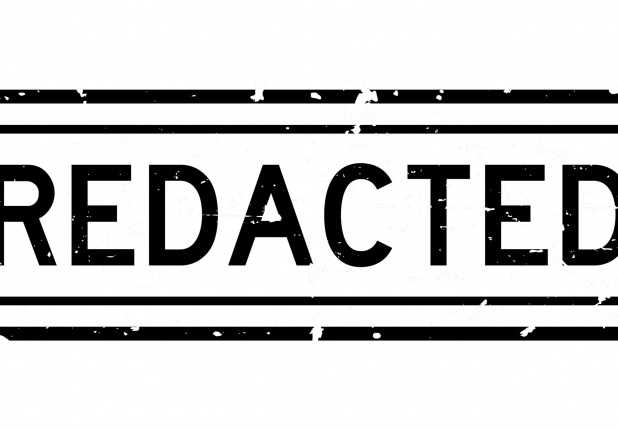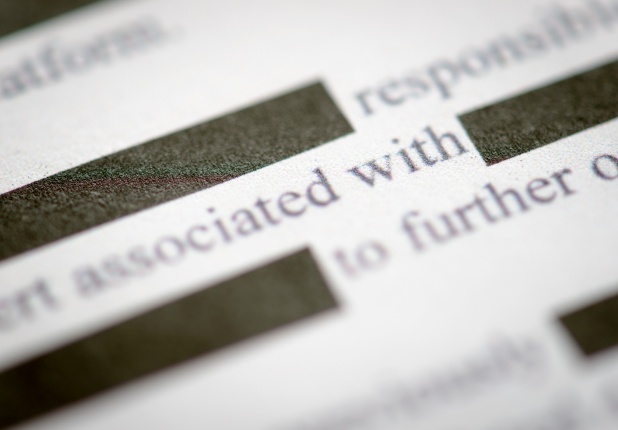THE ATTORNEY CLIENT PRIVILEGE: THE CORPORATE COMMUNICATION CONUNDRUM – PART II
As anyone faced with discovery requests knows, one of the most important parts of producing documents is determining what documents are subject to attorney-client privilege or work product doctrine and must therefore be redacted or withheld. Failing to conduct an effective privilege review can have dire consequences -- from exposure of highly confidential information to even waiver of the privilege. In Part One of this blog post, we discussed how difficult it can be in a corporate context to determine whether an individual document should be withheld or redacted as privileged. In this Part Two, we discuss how employing technology in our privilege review reduces risk and makes this process easier and more efficient.




